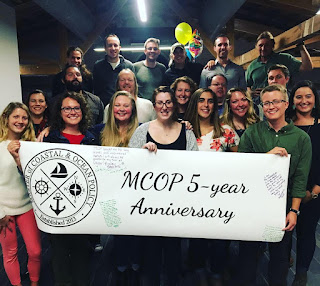GenX, Environmental Justice, and North Carolina's Legacy of Pollution Here in the Wilmington, much of the public is concerned about the quality of the drinking water . Apparently, a subsidiary of the chemical giant Dupont, Chemours Company, dumps it's waste into the Cape Fear River about 70 miles upstream of where Wilmington extracts water for public use (see map above). While Dupont has done this for at least 30 years, recent detection of the chemical "GenX" in the water supply has caused a local and national stir . GenX is related to the production of Teflon, a chemical beloved by many for it's 'non stick' qualities and used everywhere from cooking utensils, to clothes, to automobile windshields. Still, no one recommends the stuff should be ingested directly. The chemical is not well understood, but the nature of its chemical composition points to a potential carcinogen and serious public health threat. You can read more about GenX and Nor






